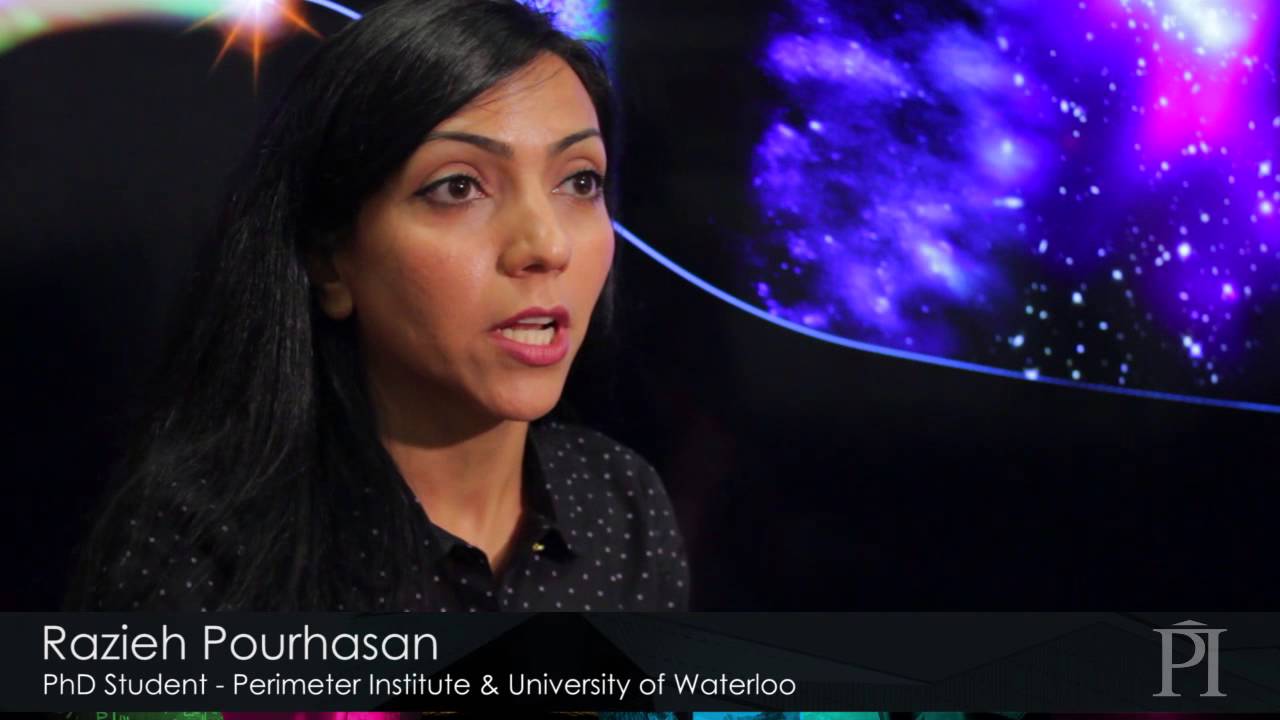According to our best understanding of the Universe, if you travel back in time as far as you can, around 13.8 billion years or so, you’ll eventually reach a singularity — a super-dense, hot, and energetic point, where the laws that govern space-time breakdown.
Despite our best attempts, we can’t peer past that singularity to see what triggered the birth of our Universe — but we do know of only one other instance in the history of our Universe where a singularity exists, and that’s inside a black hole. And the two events might have more in common than you’ve ever considered, as physicist Ethan Siegel explains over at Forbes.
It might sound a little crazy, but, as Siegel reports, from a mathematical perspective, at least, there’s no reason that our own Big Bang couldn’t have been the result of a star collapsing into a black hole in an alternate, four-dimensional universe.
